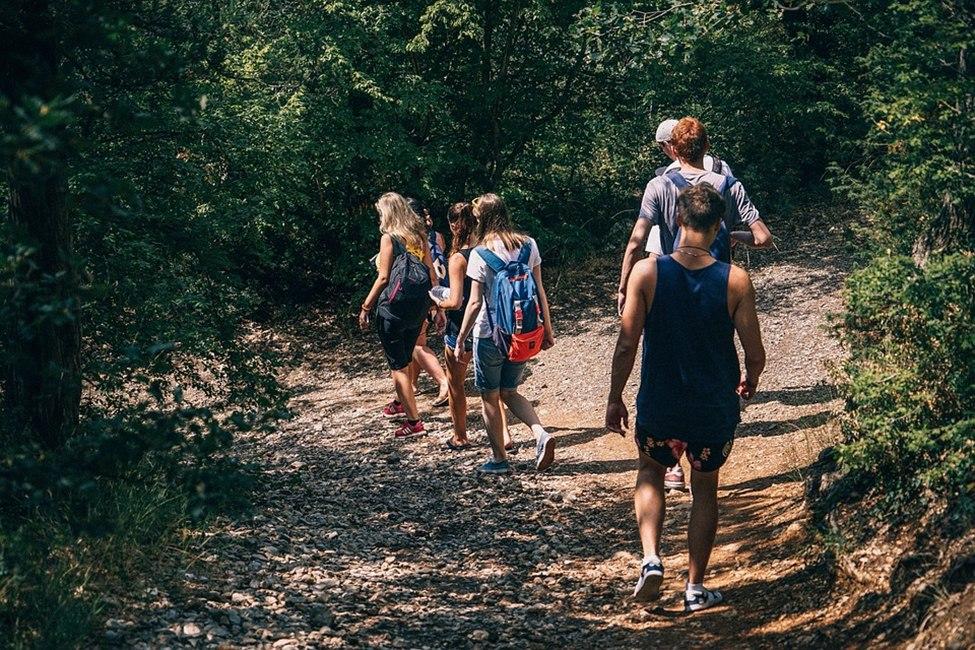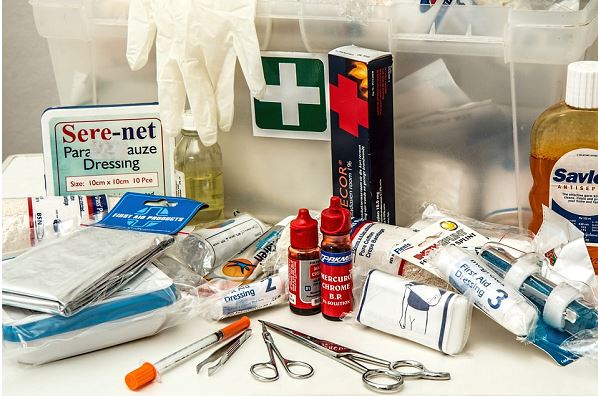Field trips are essential for kids since it exposes them to the outside environment, and they get to have fun. Besides that, you can follow these expert tips to make the field trip a success.
⦁ 1. Begin the planning process early
Field trips require adequate planning and various requirements. To comply with the standards and conditions, it is necessary to start the planning process early, probably six weeks before the actual day. If it is a trip to other continents, you begin planning ten months before the trip. Early planning will enable you to secure necessary permits and understand particular challenges such as weather, transport status, health challenges that may affect the journey. Besides, you can plan school trips from adaptable travel to some of the most engaging and incredible worldwide locations at the very best prices. Proper and timely planning will help maximize your trip adventure.
⦁ 2. Check on multiple destinations.
Multiple destinations offer various activities; some destinations are suitable for observations, while other destinations simultaneously provide action and observation. When taking small kids on a field trip, you should consider destinations that offer excellent views and engage them wisely. When taking teenagers for a field trip, the observation should be a key focus since they engage more in recording data and visual learning. These destinations can also provide teenagers with a good photo session after finishing the field trip.
⦁ 3. Minimize the field trip costs
The greatest advice when planning for a field trip is to avoid high season trips. Off-season planning will help you avoid high travel, lodging, and entry costs. Planning for trips during low or mid-seasons will reduce the trip cost and give the students more time to interact with the environment. Students learn more in a less congested environment, and that is why trip planners should focus on low season travels. When the cost of the trip is too high, some students may not be able to attend; hence the objective and the fun of field trips will not be achieved.
⦁ 4. Conduct a survey.
It is good that you visit the planned destination before the students embark on the field trip. Conducting a survey will enable you to have a picture of the destination, do adequate planning, get the right contact for communication, support, and prepare the students for the upcoming adventure. If you are not sure or decided on the right destination to do a survey, you can get help from trip experts since they have a vast catalog of suitable destinations for field trips.
⦁ 5. Contact the right source.
Suppose you have not conducted a survey, you can contact the appropriate authorities who will help you with the trip planning and logistics. If it is a trip to a park or some tourist destination, contact the company, inform them about your needs and let them direct you to the right source of information or personnel. Getting the right source will help you understand the students’ financial needs, activities, and lodging needs.
⦁ 6. Engage the students and parents.
Before you engage parents and students, ensure you have various destinations in mind. Engage them so that they can help you come up with an appropriate destination based on the travel costs and the contribution of the site to classroom learning. After deciding on the destination, set the rules and what students should carry for the trip. You can also set the trip duration and timetable.
⦁ 7. Set the objectives for the trip
After you engage the parents and students, it is good that you come up with the objectives of the trip. You can set the learning outcomes you expect from the students after the trip. You can also engage the students to have a glimpse of what they wish to obtain during a field trip. You can also formulate the strategies of how you envision the students to meet the trip’s objectives.
⦁ 8. Emergency planning
Uncertainties may befall your trip; it therefore necessary that you plan for these uncertainties by having the right back up, such as transportation backup. You can also include medical emergency plans just in case a student falls ill or an accident occurs.
Emergency preparedness will save you from the burden of having to call the school if an emergency occurs. Emergency preparedness also involves establishing a communication plan with parents and the school in case something goes wrong during the trip.
Planning a field trip is time-consuming, but the effort and time are worth it. If you are new to field trip planning, following these guides will make your trip fun, successful, and students will have more memories.

